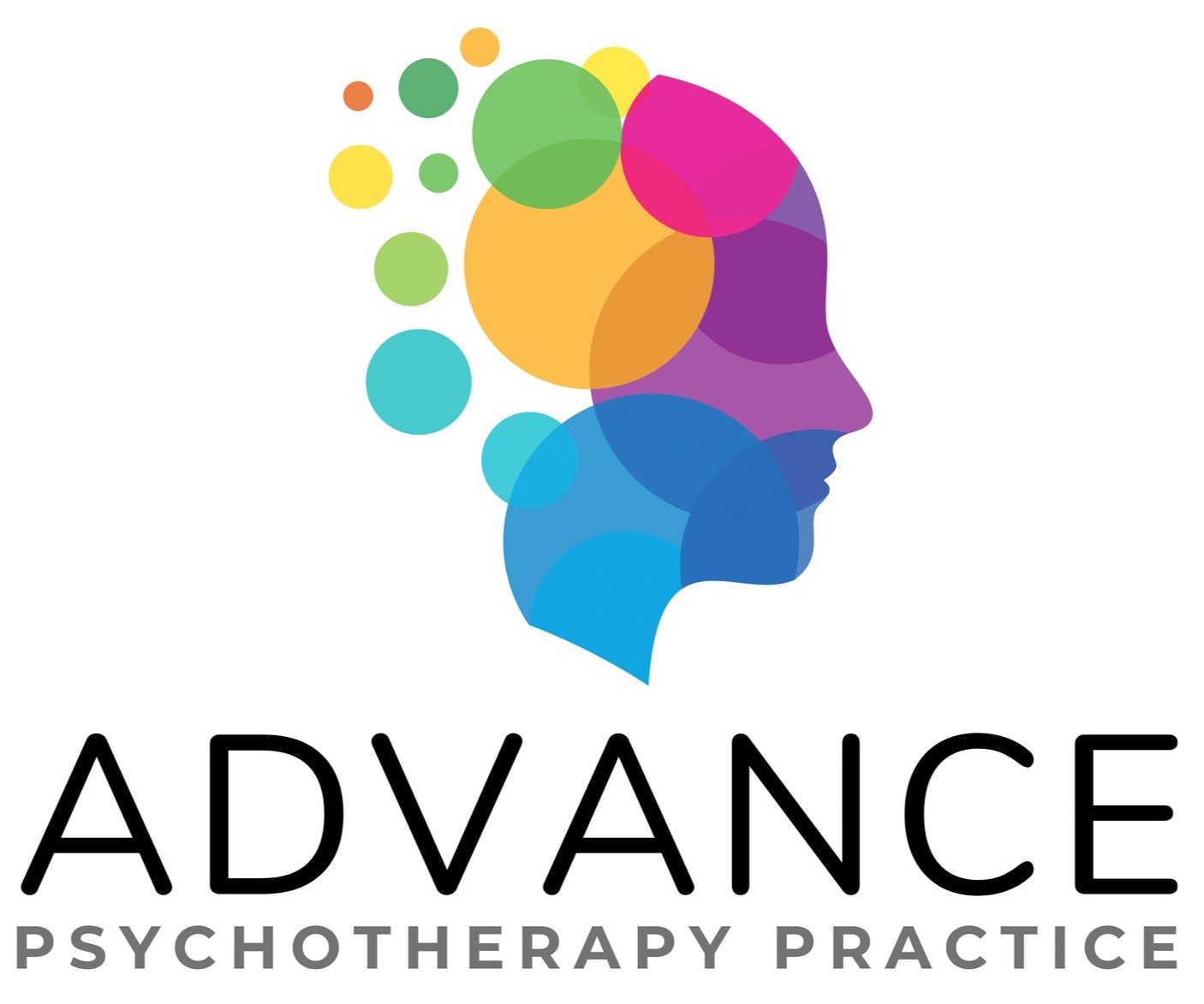ABOUT RSTI
No one way to love. No one way to heal. No one way to be.
Our story
By Ariel Pliskin, MSW, LICSW (they/them)
Program Manager, Relationship & Sex Therapy Institute (RSTI)
My professional calling emerged from a period of personal exploration. As I began to question long-held assumptions about sex, gender, love, and relationships, I found new possibilities through connection with alternative communities. I realized I wanted to help others navigate similar questions with care and curiosity—and pursued a career in social work with a specialized focus on sex therapy from the start of graduate school.
During that time, I trained under Jassy Casella Timberlake, the founder of the pioneering Northampton Sex Therapy Associates. While I had hoped to join her team, the practice had closed by the time I graduated. Fortunately, I found the right place to grow something new at Advance Psychotherapy Practice (APP).
From the beginning, APP offered a collaborative and encouraging environment. One of my first projects was launching a therapy group focused on sexuality, with full support from the APP founders. My work expanded to include a sex therapy book club, co-led therapy groups, a published book chapter about our work, and a biweekly consultation meeting.
As I contributed to APP’s growth, I gained clarity about my long-term vision: to create a dedicated program focused on relationship and sex therapy. We shaped that vision into a sustainable structure—and found that talented colleagues were eager to join. What began as grassroots collaboration grew into a formal initiative: the Relationship & Sex Therapy Institute (RSTI).
Today, RSTI brings together a team of thoughtful, skilled clinicians who are passionate about deepening intimacy, strengthening relationships, and honoring the diversity of human experience. We’re proud to offer something that hasn’t existed in this region for some time: a psychotherapy group practice devoted specifically to sex therapy. We aim to be a thriving home for sex therapy in Western Massachusetts once again—rooted in lineage, committed to collaboration, and open to many ways of being and healing.
Our Clinical Approaches Include:
Sex Therapy: We are rooted in clinical rigor and best practices, drawing from the standards of the American Association of Sexuality Educators, Counselors, and Therapists (AASECT).
Communication Skills Coaching: Practical tools for improving emotional and sexual communication
Sexual History Questionnaire (SHQ): A structured, consent-centered assessment used to understand each client’s sexual and relational history, values, and goals. [LEARN MORE]
Gottman Method Couples Therapy: Science-backed interventions for strengthening relationships. All RSTI therapists complete Level 1 training in Gottman Method Couples Therapy. [LEARN MORE]
Sensate Focus: Mindfulness-based exercises for building intimacy and pleasure
Neurodiversity-Affirming Practice: Supporting clients to live more fully into their support needs, identities, desires, and agency
Cultural Humility: A commitment to anti-oppressive care that affirms clients across race, gender, sexuality, size, ability, class, and neurotype. Our team reflects critically on power and positionality and engages in continuing education, peer dialogue, and self-reflection.
Thought leadership: A belief in study as a form of care. Our team stays engaged with emerging research, centers lived experience, and contributes to the field through training, workshops, publications, and conferences.
Integrated Care: We work closely across providers and modalities—both within RSTI and with APP colleagues—to support clients through individual therapy, couples intensives, groups, trauma work, and more.
Multi-Modal Therapeutic Integration: Our therapists draw on a range of approaches—including somatic awareness, family systems, narrative, and psychodynamic therapy—to tailor treatment to each client’s needs and strengths.



